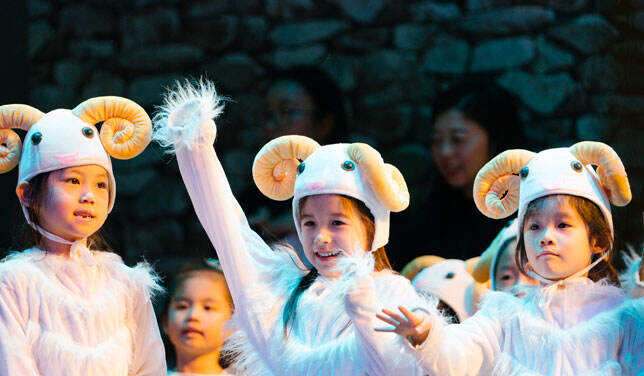When Shanghai International School pupils become global champions
2019-12-10
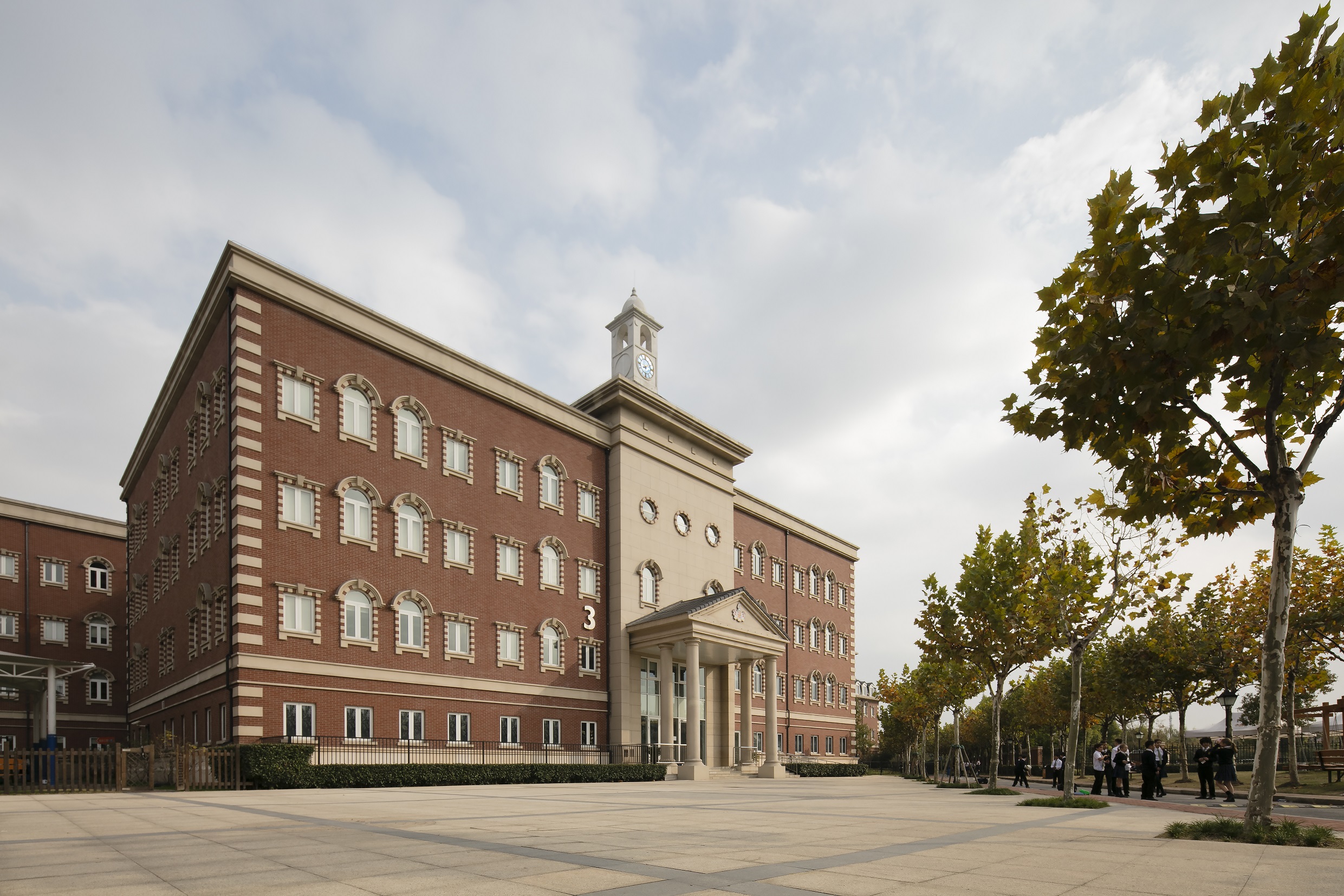
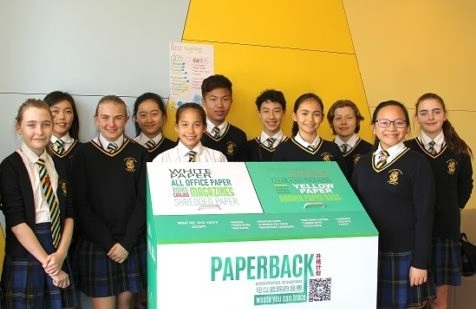 Can you outline some of the initiatives that you’ve undertaken as a group?
Can you outline some of the initiatives that you’ve undertaken as a group?
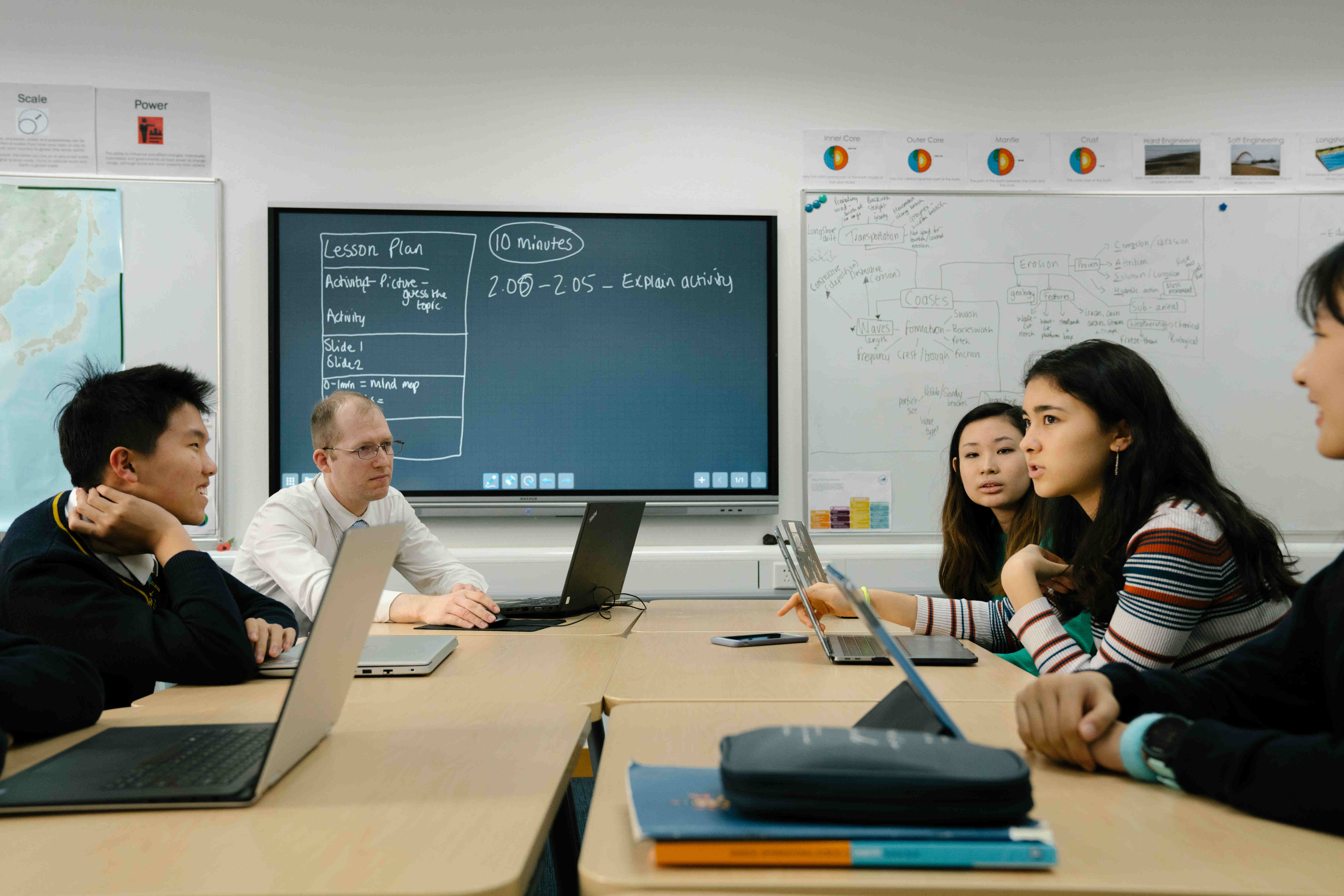 In all these projects, recording and analysing data seems to play a central role. Why is it important that you have this kind of tangible data to work with?
In all these projects, recording and analysing data seems to play a central role. Why is it important that you have this kind of tangible data to work with?
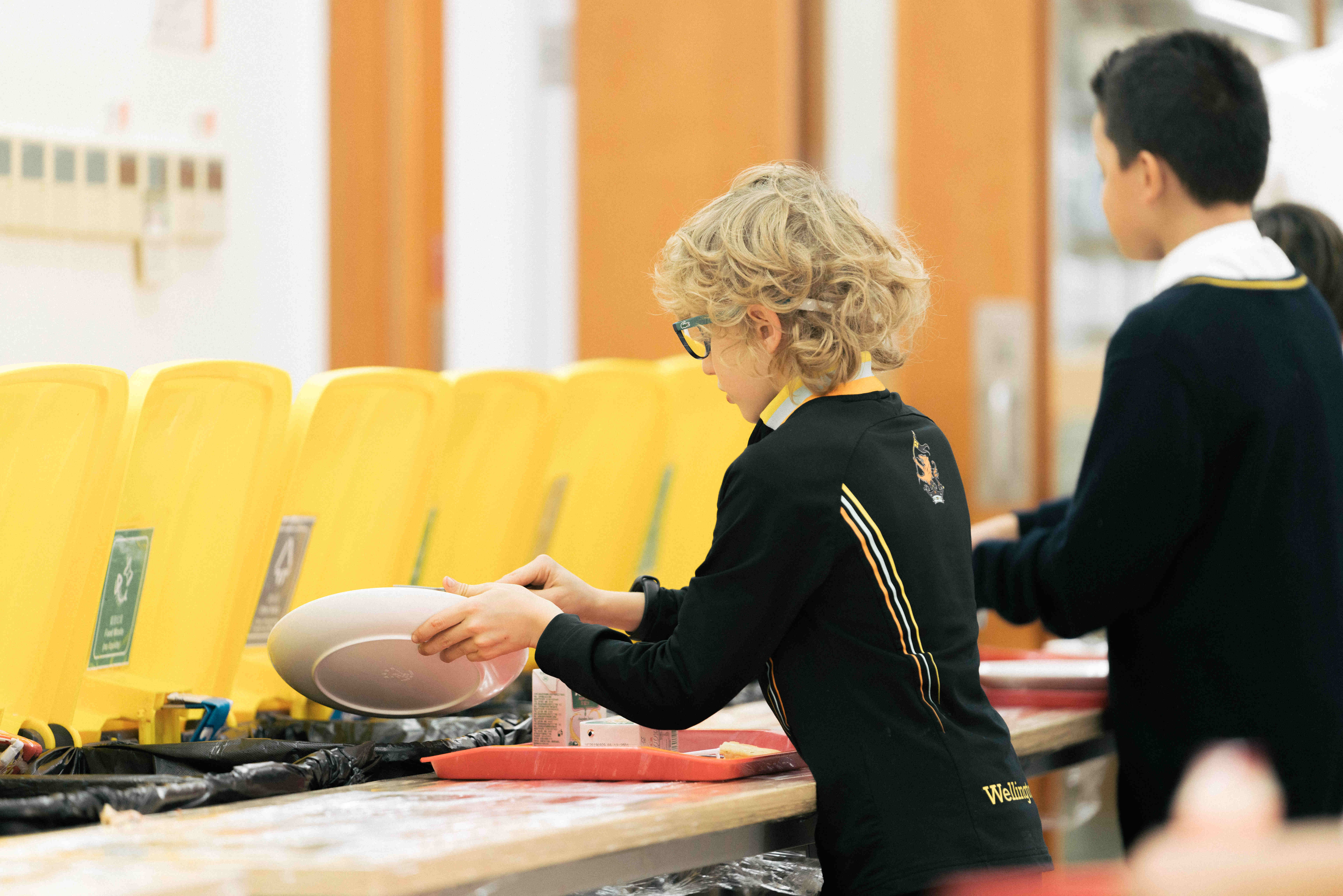 How else are you getting your message out there?
How else are you getting your message out there?
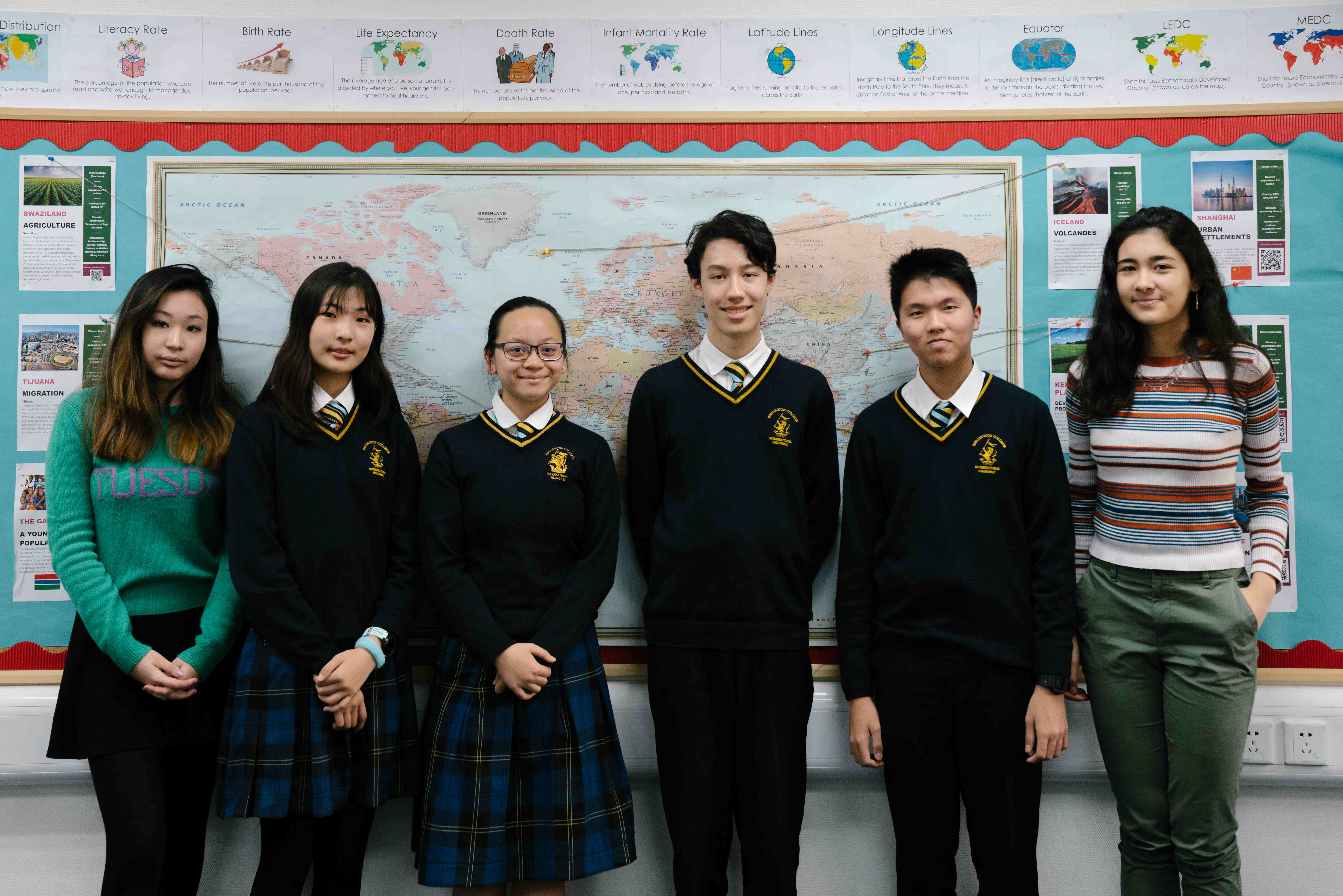 What does the work you’re doing in this CCA mean to you personally? Why are you choosing to spend your time here, doing these projects?
What does the work you’re doing in this CCA mean to you personally? Why are you choosing to spend your time here, doing these projects?
相关资讯
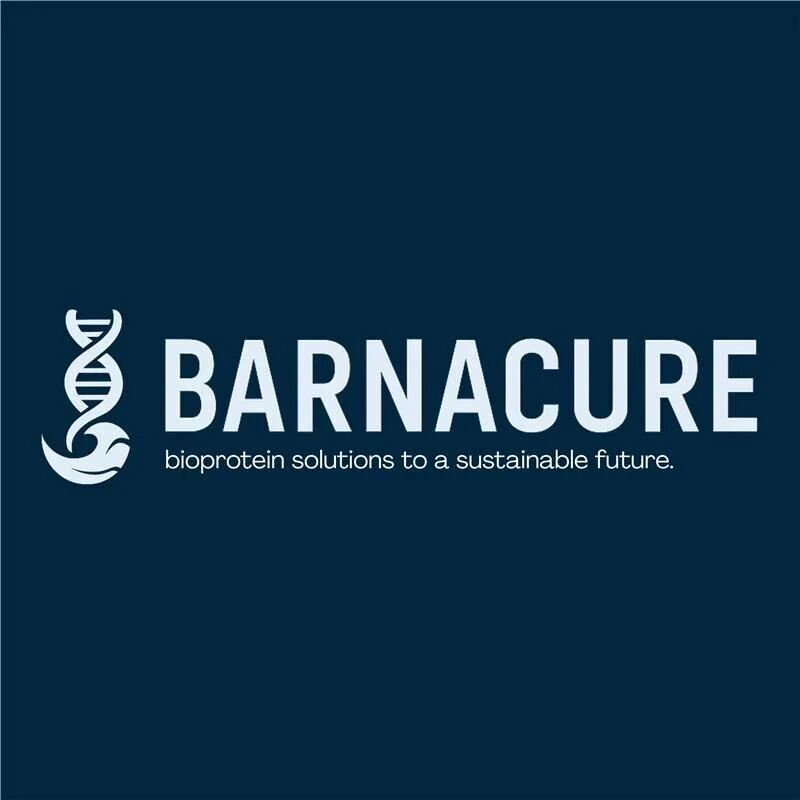
What is iGEM and our project, Barnacure?2025-10-09
iGEM Competition & Barnacure Team Members Team Illustration by Joanna, Year 11Article written Jing Jing, Year 11Primary Principal Investigator: Thomas Edwards, Head of Biology & Head of Science What
点击阅读

不要错过上海惠灵顿第二届舞蹈表演"Connecting eMotions."2025-04-17
诚邀您参加 5 月 8 日的 “Connecting eMotions”--我校的第二届舞蹈表演! 我们将隆重推出 “Connecting eMotions”,这是来自舞蹈资优学生项目和舞蹈辅助课程教学活动的学子们联袂献上的第二场表演。 今年的主题是颂扬连结的力量--既有情感上的,也有合作上的。我们的舞者通过团队协作共同创造出充满活力的作品,不仅视觉效果震撼,而且内涵丰富。在此过程中,他们培养了
点击阅读

多彩校园,卓越之路:惠灵顿奖学金获得者Melody的故事2025-03-07
音乐成为Melody一生的挚爱,这并不令人意外。早在四岁时,她就被父亲——一位技艺精湛的制琴师——手工制作小提琴的过程深深吸引。在与钢琴老师合奏小提琴的经历中,她逐渐领悟到五线谱上的每一个音符都蕴含着独特的个性。 这段视频讲述了一个关于坚持、奉献和追求卓越的故事。让我们一起聆听Melody的分享,探究为何每个声音都如此重要且独一无二。 对话Melody——惠灵顿艺术类奖学金获得者(音乐)“每一个
点击阅读








